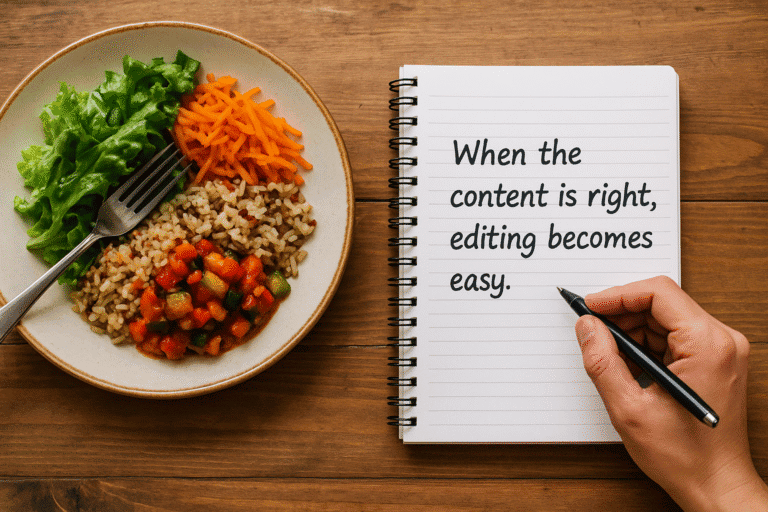Do Perfect Words Exist?

Opting for the best word choices doesn’t always mean selecting the first or simplest words that come to mind.
Writing is an art form where every word counts.
Whether you’re crafting a novel, a blog post, or a business proposal, selecting the right words can make all the difference.
Today, let’s scribble ourselves with color towards the importance of word choices.

I have put together a list of ten websites (below) where you can find the best words to enhance your writing.
So, let’s get to it and explore the world of words.
The Power of Words:
I love what a teacher once said to me – “Words have meaning”. I thought on that a lot. He was correct. “Words do have meaning” and they are extremely important and you must choose to use the best word for what it is you want to say.

Words are the building blocks of any written piece.
They have the power to captivate readers, convey emotions, or drive your message home. The art of choosing the best words lies in striking a balance between clarity and creativity.
Here are some tips to help you make the most of your word choices:
Be Specific:
Instead of using vague words, opt for precise and descriptive ones. For instance, replace “nice” with “delightful” or “spectacular” to provide a clearer image.
Consider Your Audience
Tailor your word choices to your target audience. The language used for a scientific article will differ from what you’d use in a travel blog.
Vary Your Vocabulary
Repeating the same words can be monotonous. Expand your vocabulary to keep your writing fresh and engaging.
Avoid Jargon
Unless you’re writing for a specialized audience, steer clear of jargon that might confuse your readers.
Use Strong Verbs
Strong verbs can convey action and emotion effectively. Instead of “walked slowly,” consider “ambled” or “sauntered.”
Finding the Best Words:
Now that you understand the importance of word choices, let’s explore ten websites that can help you find the perfect words to elevate your writing:
Thesaurus.com – A classic resource for synonyms and antonyms, helping you discover alternative words to enhance your writing.
Merriam-Webster – is not only a reliable dictionary but also a great source for word definitions, examples, and word origin stories.
WordHippo – Provides synonyms, antonyms, translations, and rhymes, making it a versatile tool for writers.
OneLook – Offers a reverse dictionary search, helping you find words based on their definitions. (Love these kinds of quirky tools 😉
Power Thesaurus – A crowdsourced thesaurus that provides a wealth of synonyms and antonyms for a wide range of words.
Visual Thesaurus – Presents word relationships in a visual and interactive format, aiding in word exploration and understanding.
Ludwig.guru – An English sentence search engine that helps you find contextual examples of how words are used in real sentences.
Wordnik – Offers comprehensive word information, including definitions, examples, related words, and more.
Grammarly – Not just for grammar and spelling checks, Grammarly also provides suggestions for improving word choices. (My personal Fav – the free version 😉
WriteExpress Rhyming Dictionary – Ideal for poets and songwriters, this resource helps you find rhymes and near rhymes.
There You Have it!
Choosing the best words is an essential skill for any writer. It can elevate your writing from ordinary to extraordinary, leaving a lasting impact on your readers. By using the resources mentioned above and following the tips provided, you’ll be well on your way to crafting compelling and engaging content.
So, embrace the world of words, and let your writing shine.
Write on!
~ Zak ~
This article is copyrighted material. Reproduction of brief snippets of this article with a link to this site is permitted, but it may not be reproduced in full anywhere without the written permission of Leanne O'Connell at zakthewriter.com








